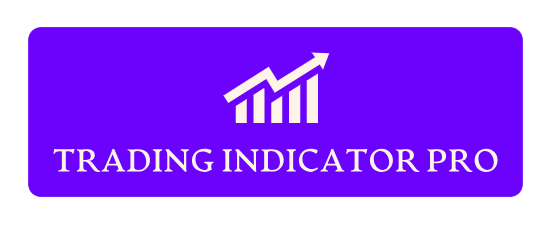How Tokenization of Assets is Revolutionizing Investment?
Explore the transformative process of the tokenization of assets, where traditional assets are converted into digital tokens on blockchain technology. Learn how this innovation impacts investment, liquidity, and accessibility in our comprehensive guide on the tokenization of assets.
AI TRADING SIGNALS SOFTWARE
LINK-https://tradingindicatorpro.com
WATCH VIDEO TUTORIAL
LINK-https://youtu.be/F96qBjBNeG0?si=vperuAD6P12ueRP9
Telegram Signals
https://t.me/tradingarmourofficial
How Tokenization of Assets is Revolutionizing Investment
The tokenization of assets represents a significant paradigm shift in how we perceive, manage, and invest in traditional assets. By converting tangible or intangible assets into digital tokens on blockchain platforms, this process democratizes investment opportunities, making them accessible to a broader audience. This blog will delve into what tokenization of assets entails, its benefits, challenges, and future prospects.
What is Tokenization of Assets?
Tokenization involves taking an asset – which could be anything from real estate to art, intellectual property, or even stocks – and issuing digital tokens that represent ownership or rights over part of that asset. These tokens are secured on a blockchain, providing transparency, security, and immutability.
Here’s how it generally works:
-
Asset Selection: A physical or intangible asset is chosen for tokenization.
-
Valuation: The asset is appraised to determine its worth.
-
Token Creation: Digital tokens are created on a blockchain, representing fractions of the asset.
-
Distribution: Tokens are then sold to investors or distributed according to the asset’s management strategy.
Benefits of Tokenization of Assets
-
Increased Liquidity: Traditional investments like real estate have long been illiquid. Tokenization allows for the fractional ownership of large assets, making it easier to buy and sell shares.
-
Global Access: Blockchain’s decentralized nature means that investments are not restricted by geography, allowing global participation.
-
Transparency and Security: Blockchain’s ledger system ensures all transactions are transparent and tamper-proof, reducing fraud and increasing trust.
-
Cost Efficiency: By cutting out intermediaries, tokenization can significantly reduce the costs associated with buying, selling, and managing assets.
-
Innovative Investment Models: It opens up possibilities like micro-investments or crowd-investing in assets that were once out of reach for the average investor.
Challenges and Considerations
Despite its potential, the tokenization of assets is not without hurdles:
-
Regulatory Uncertainty: Different jurisdictions have varying regulations regarding digital assets, which can complicate compliance.
-
Technical Barriers: Not all investors are familiar with blockchain technology, which can limit adoption.
-
Market Volatility: The crypto market’s volatility can affect the perceived value of tokenized assets.
-
Security Concerns: While blockchain is secure, there are risks associated with smart contract vulnerabilities or platform hacks.
Future Outlook
The tokenization of assets is poised to grow as more industries recognize its benefits. Regulatory frameworks are beginning to adapt, with some countries already providing clear guidelines. As blockchain technology matures, we can expect:
-
Broader Asset Classes: More diverse assets like patents, music rights, or even carbon credits might be tokenized.
-
Integration with Traditional Finance: Tokenization could bridge traditional finance with blockchain, leading to hybrid financial products.
-
Enhanced Platforms: Development of more user-friendly platforms that could ease the adoption curve.
Conclusion
The tokenization of assets stands at the forefront of financial innovation, offering a glimpse into a future where investment is more inclusive, efficient, and secure. While there are challenges to overcome, the potential benefits for investors, issuers, and the broader economy are compelling. As we continue to navigate this new landscape, staying informed and adaptable will be key to leveraging the opportunities presented by this groundbreaking technology.
This content, optimized for SEO, should help in ranking well on Google for searches related to the tokenization of assets. Remember, SEO is also about keeping the content updated with the latest developments and trends in the field.

